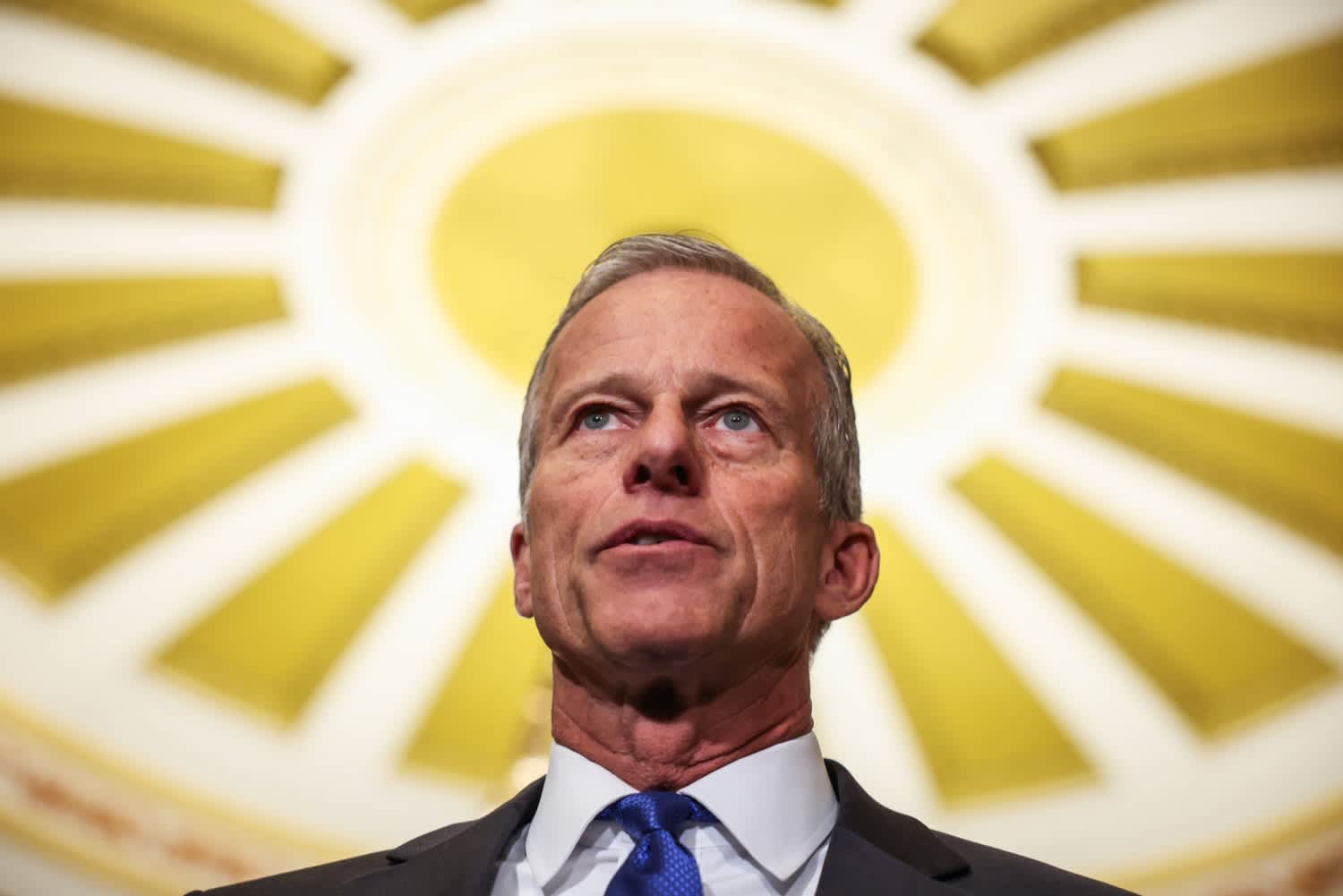- New Framework Targets Regulatory Clarity
- Building on Stablecoin Success
- Political Dynamics Shape Timeline
Republican senators unveiled a framework for comprehensive cryptocurrency regulation on Tuesday, proposing legislation that would reshape how digital assets are overseen by splitting authority between federal agencies and reducing the Securities and Exchange Commission's control over the industry.
Senate Banking Chairman Tim Scott of South Carolina and Senator Cynthia Lummis of Wyoming, who heads the panel's digital assets subcommittee, introduced the bill that would define when cryptocurrencies qualify as commodities versus securities. The proposal would allow crypto exchanges to register with the Commodity Futures Trading Commission, which the industry views as more favorable than SEC oversight.

The bill aims to establish clear rules for how cryptocurrencies and digital assets should be regulated, addressing a long-standing industry complaint about regulatory uncertainty1. Senators Thom Tillis and Bill Hagerty have joined as supporters, with the proposal including basic rules to prevent money laundering and sanctions violations1.
"These principles will serve as an important baseline for negotiations on this bill, and I'm hopeful my colleagues will put politics aside and provide long-overdue clarity for digital asset regulation," Scott said in a statement2.
The Senate Banking Committee's digital assets subcommittee scheduled a hearing for Tuesday afternoon to discuss the framework, marking the next step in developing comprehensive U.S. crypto regulation1.
The announcement follows last week's Senate passage of the GENIUS Act, stablecoin legislation that cleared with overwhelming bipartisan support in a 68-30 vote12. Eighteen Democrats joined Republicans to approve the measure, which establishes federal oversight for dollar-pegged digital tokens1.
Senator Lummis characterized the stablecoin victory as "just the beginning," saying it's now time to tackle "the bigger challenge, market structure for all digital assets"3.
President Trump posted on Truth Social urging the House to move "LIGHTNING FAST" on the Senate's stablecoin bill34. However, House Financial Services Chairman French Hill wants the stablecoin and market structure bills to advance together, creating potential tension between the chambers34.
The crypto industry spent heavily during the 2024 campaign cycle, ranking among top political contributors and demonstrating growing influence in Washington1. While Republicans have largely unified behind crypto-friendly legislation, Democrats remain divided over concerns about Trump's personal cryptocurrency ventures12.
Some House Republicans worry that passing standalone stablecoin legislation could reduce momentum for the broader market structure bill that would impact more of the crypto industry3. The Senate's approach of advancing separate bills reflects strategic differences between the chambers on how to achieve comprehensive digital asset regulation.



